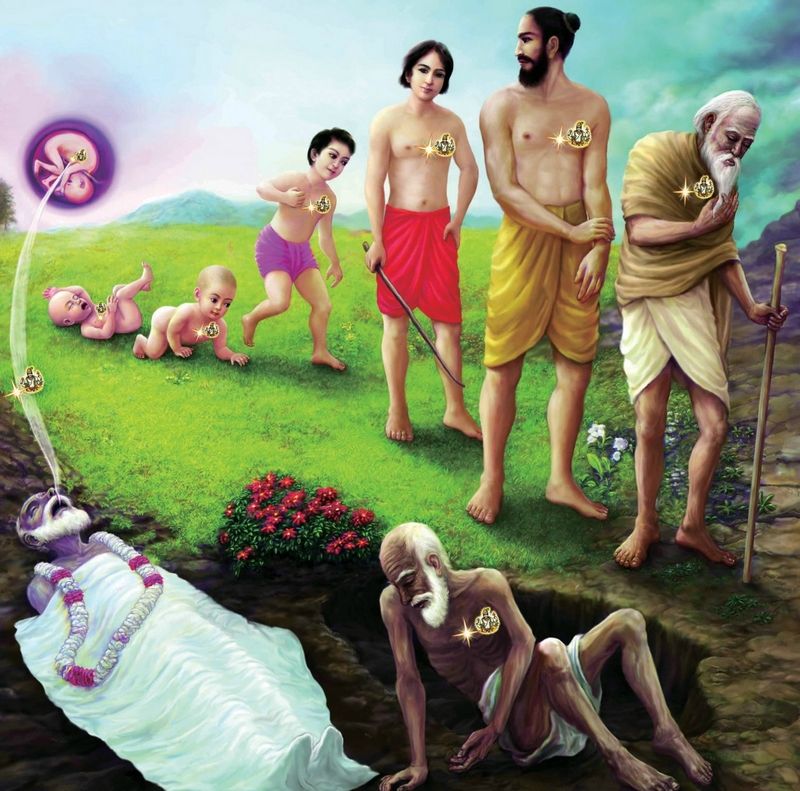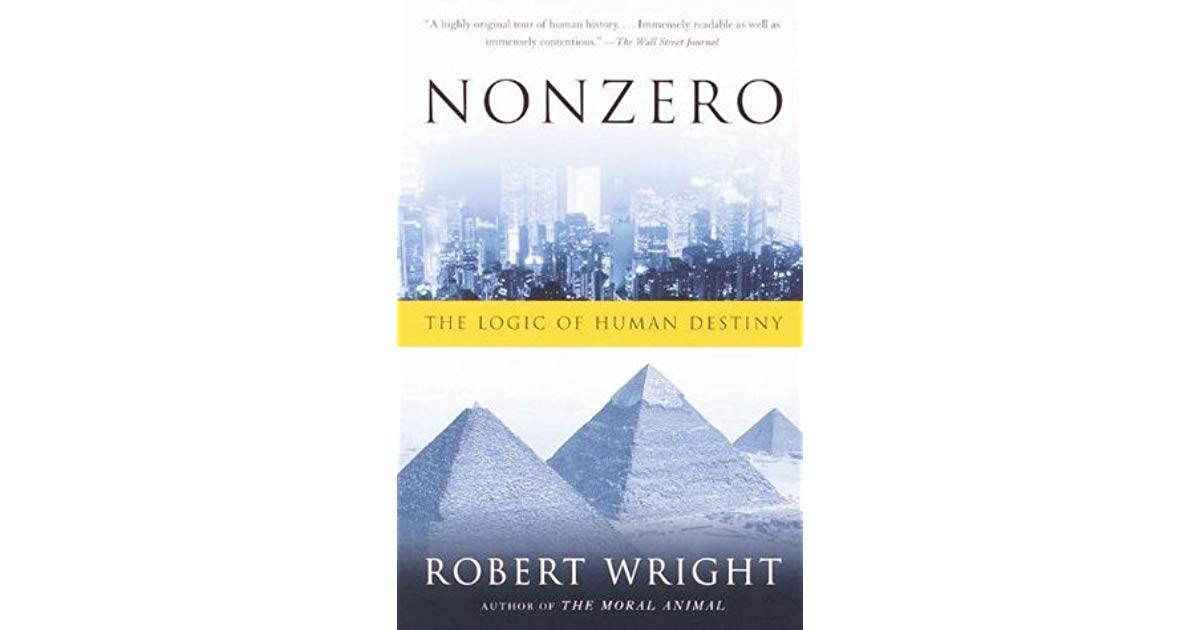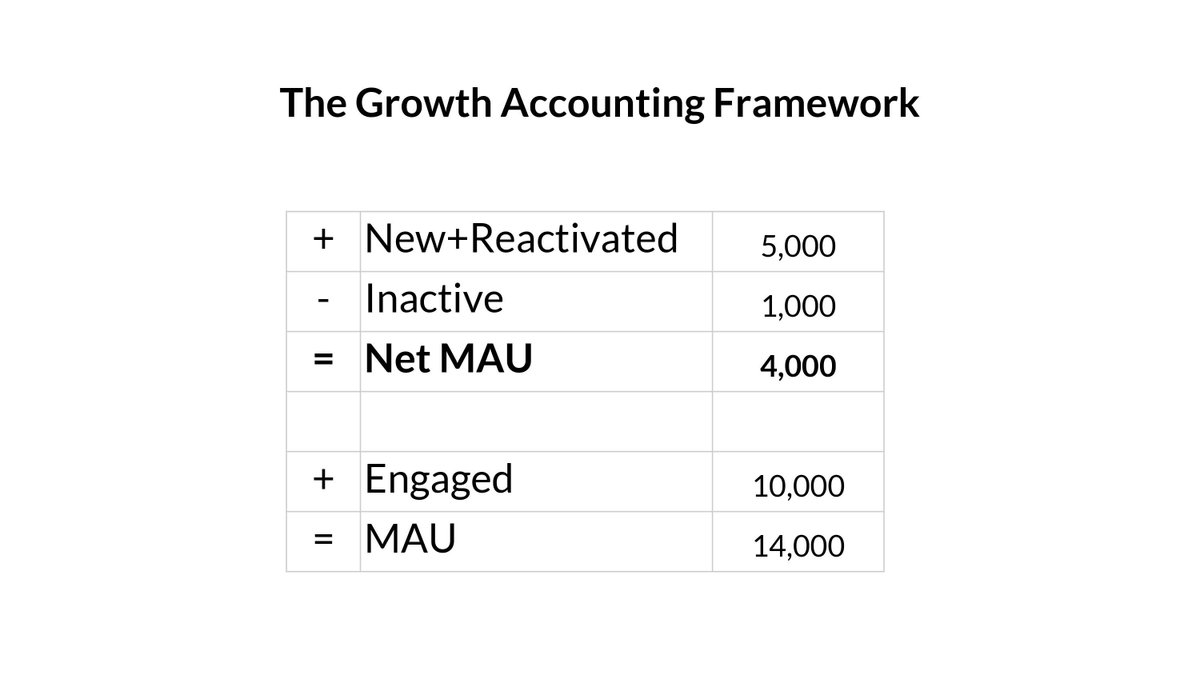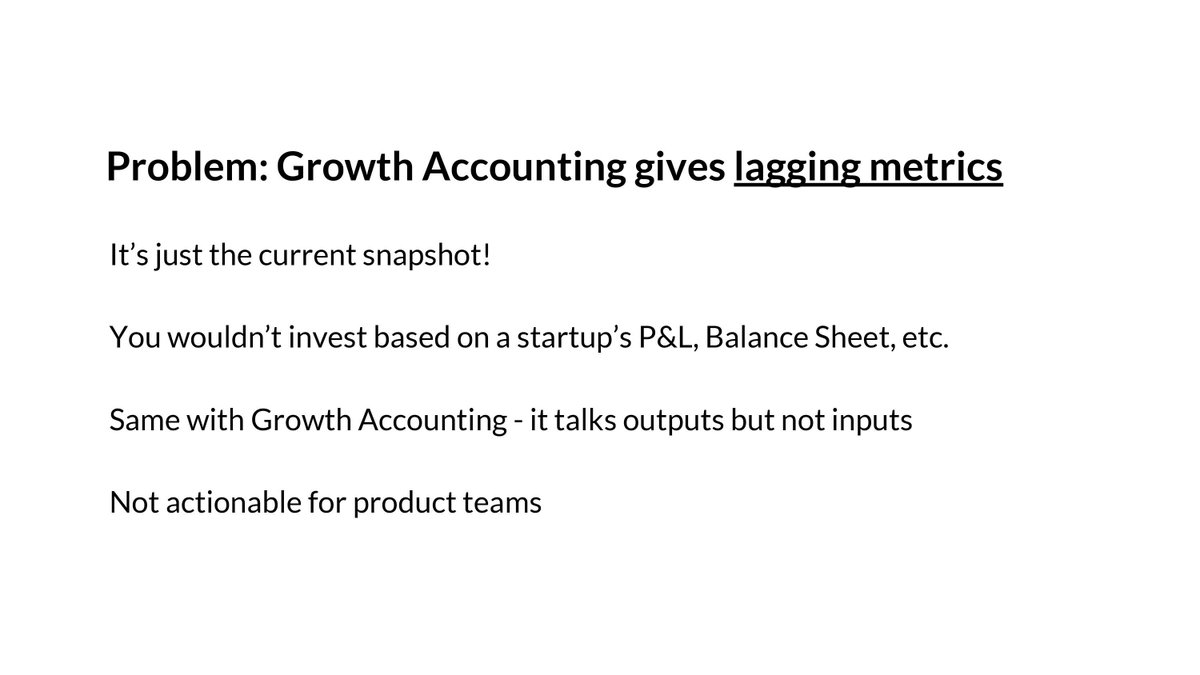2/ The Magic Question: "What would need to be true for you to...X?"
https://t.co/JxjjUTV0is
3/ On evaluating where someone’s head is at regarding a topic they are being wishy-washy about or delaying.
“Gun to the head—what would you decide now?”
“Fast forward 6 months after your sabbatical--how would you decide: what criteria is most important to you?”
4/ Other Q’s re: decisions:
“Putting aside a list of pros/cons, what’s the *one* reason you’re doing this?” “Why is that the most important reason?”
“What’s end-game here?”
“What does success look like in a world where you pick that path?”
5/ When listening, after empathizing, and wanting to help them make their own decisions without imposing your world view:
“What would the best version of yourself do”?
6/ When someone asks you a personal or vulnerable question and you don’t yet have an answer, although you want to answer soon:
“The Quakers have this idea where you don’t speak unless the spirit moves you. I'm waiting for the spirit to move me.”
h/t a friend
7/ When someone confronts you w/ a problem they have with you
A/ Thanks for sharing because I value this relationship + want both of us to get needs met
B/ What I heard was X (summary)-- was that accurate?
C/ How can I contribute to meeting your needs?
8/ When really angry:
“….” Don't’ say anything!
Take a lap. Or cold shower. Workout. Change your mind state before re-entering the conversation
9/ When really angry during the heat of the moment:
“....” Still don’t say anything!
Ask for a pause: “Do you mind if we take a quick break and return tonight? I want to make sure I can fully listen to your story + appreciate where you are coming from.”
That last part is key.
10/ When giving unsolicited feedback
“…” Probably best not to.
Unless you ask the caveat: "Are you interested in hearing feedback?"
11/ When confronting somebody:
Instead of “Why did you do that?”
Maybe: “What was going on for you?”
12/ Discovering ambition:
“If you had a billion dollars what would you do with
a) the money
b) your time”?
This shows where they want to change society and what they truly want to be doing.
13/ "What was your past manager (or friend) like?"
This determines how they'll talk about you in the future--whether they'll view you in a charitable light or not.
14/ When rambling with nowhere to go:
“I’m going to pause right there for reactions”
https://t.co/g2en4UnweD
15/ in group meetings when two people are talking about something unrelated:
“Let’s take this offline”.
16/ When assessing VC/founder alignment in an VC pitch:
“Why not bootstrap it so you can control your own destiny and have more optionality over selling for 50m, 100m?”
Also just a good question for every founder to ask themselves.
17/ Note: conversational frameworks are effective when coming from a genuine place of wanting mutual benefit--seeking win-win.
https://t.co/YfOt4FzoPt
18/ When someone asks a somewhat vague Q:
"What's the question behind the question?"
























